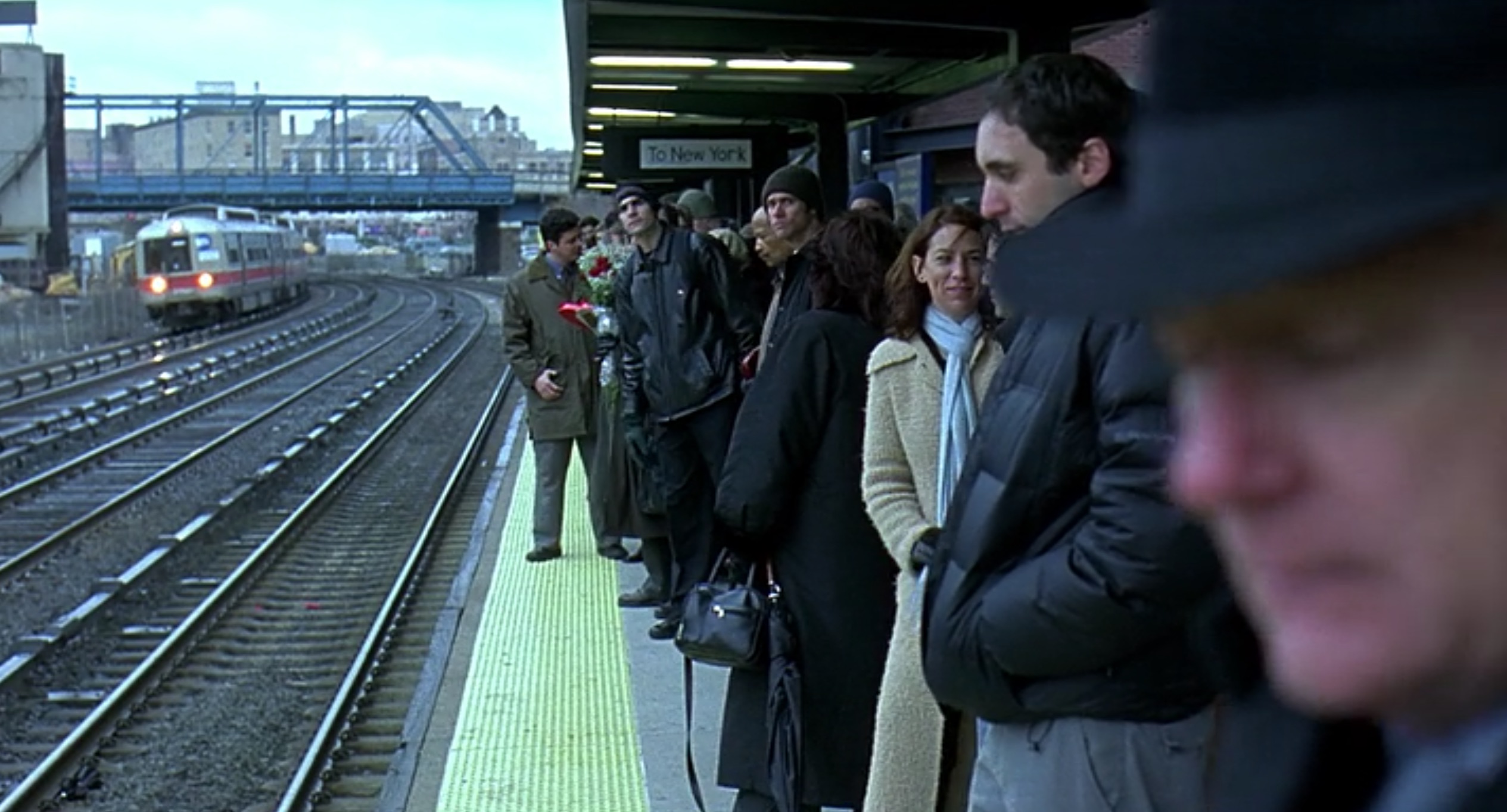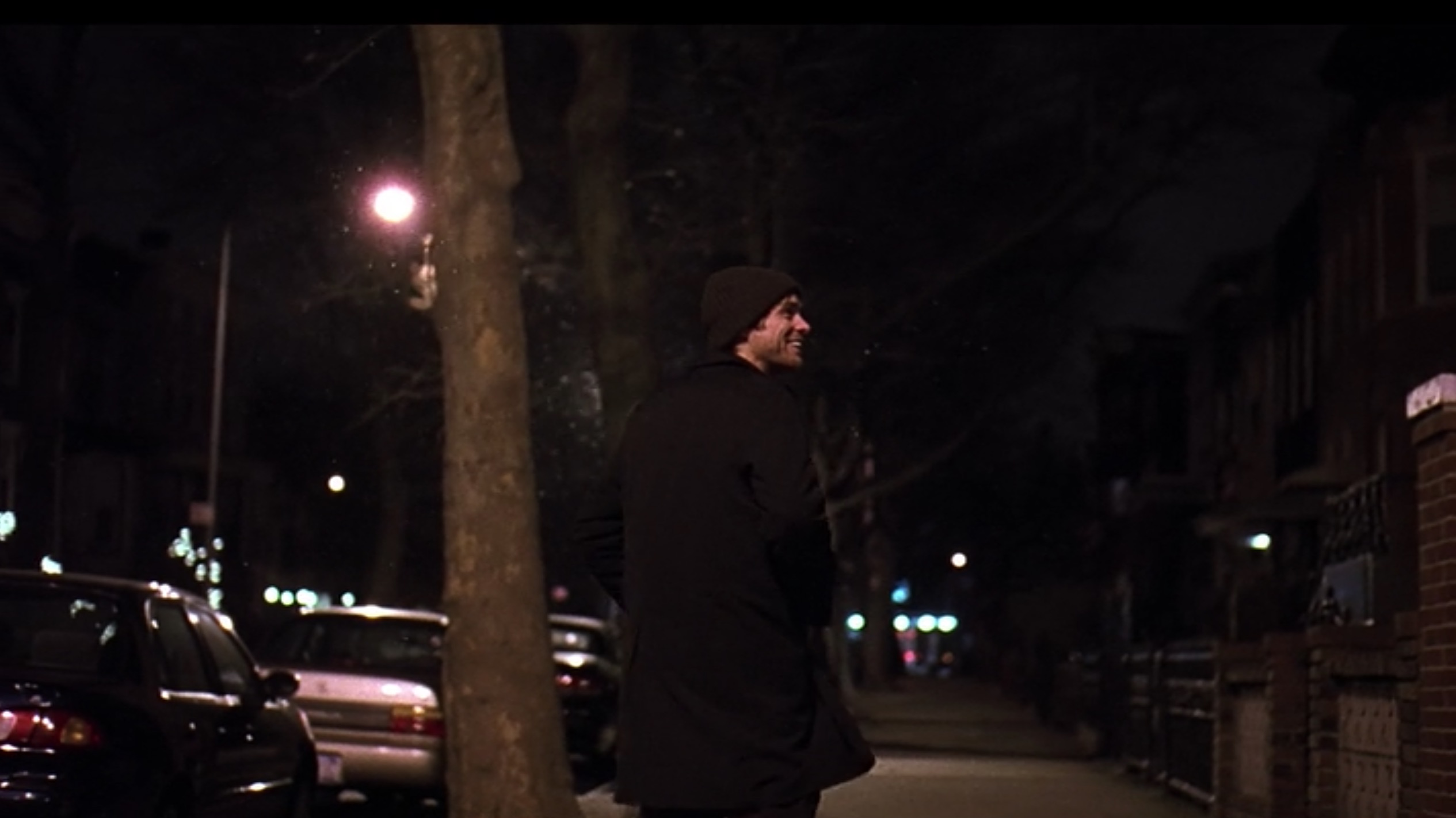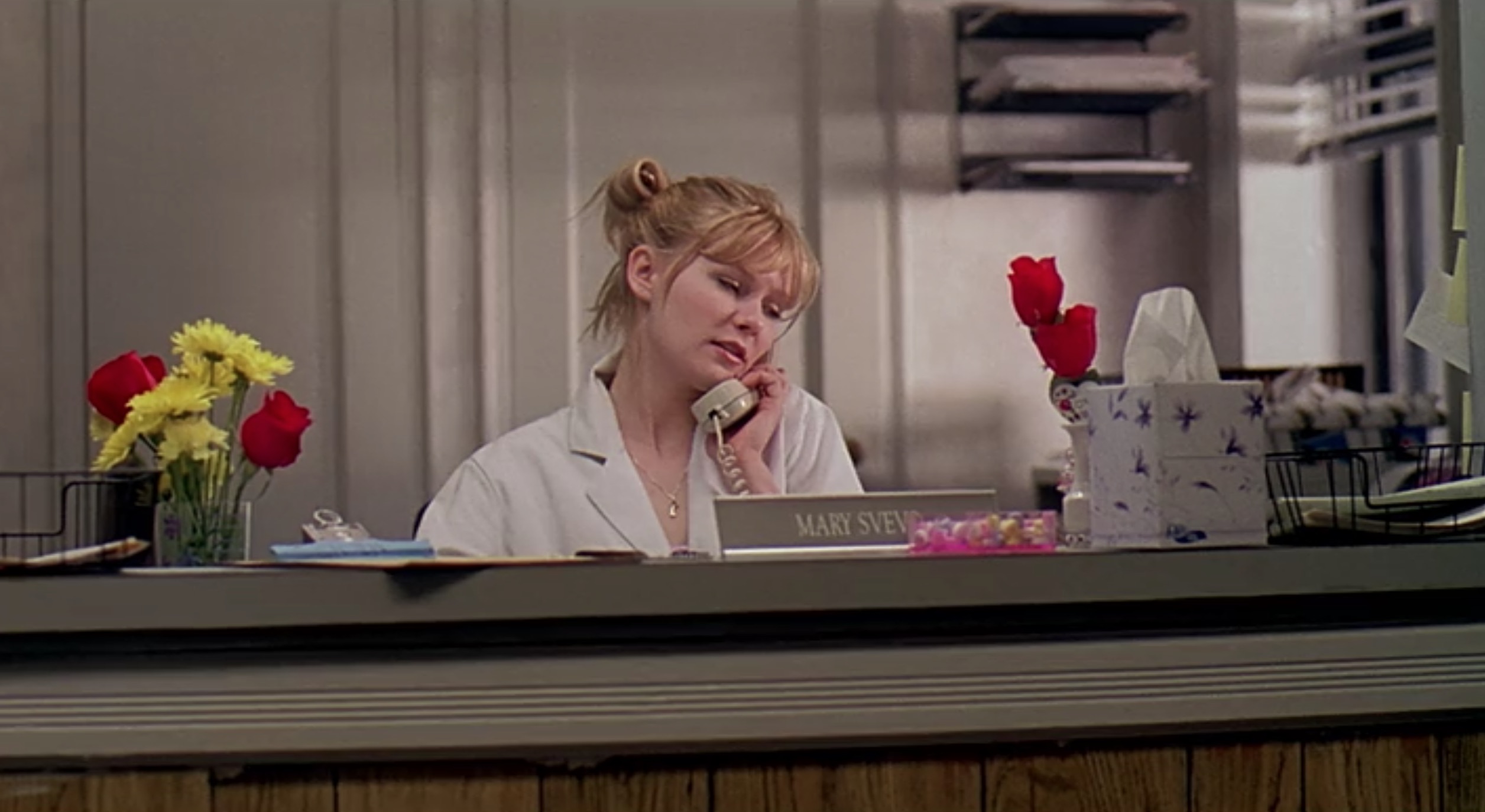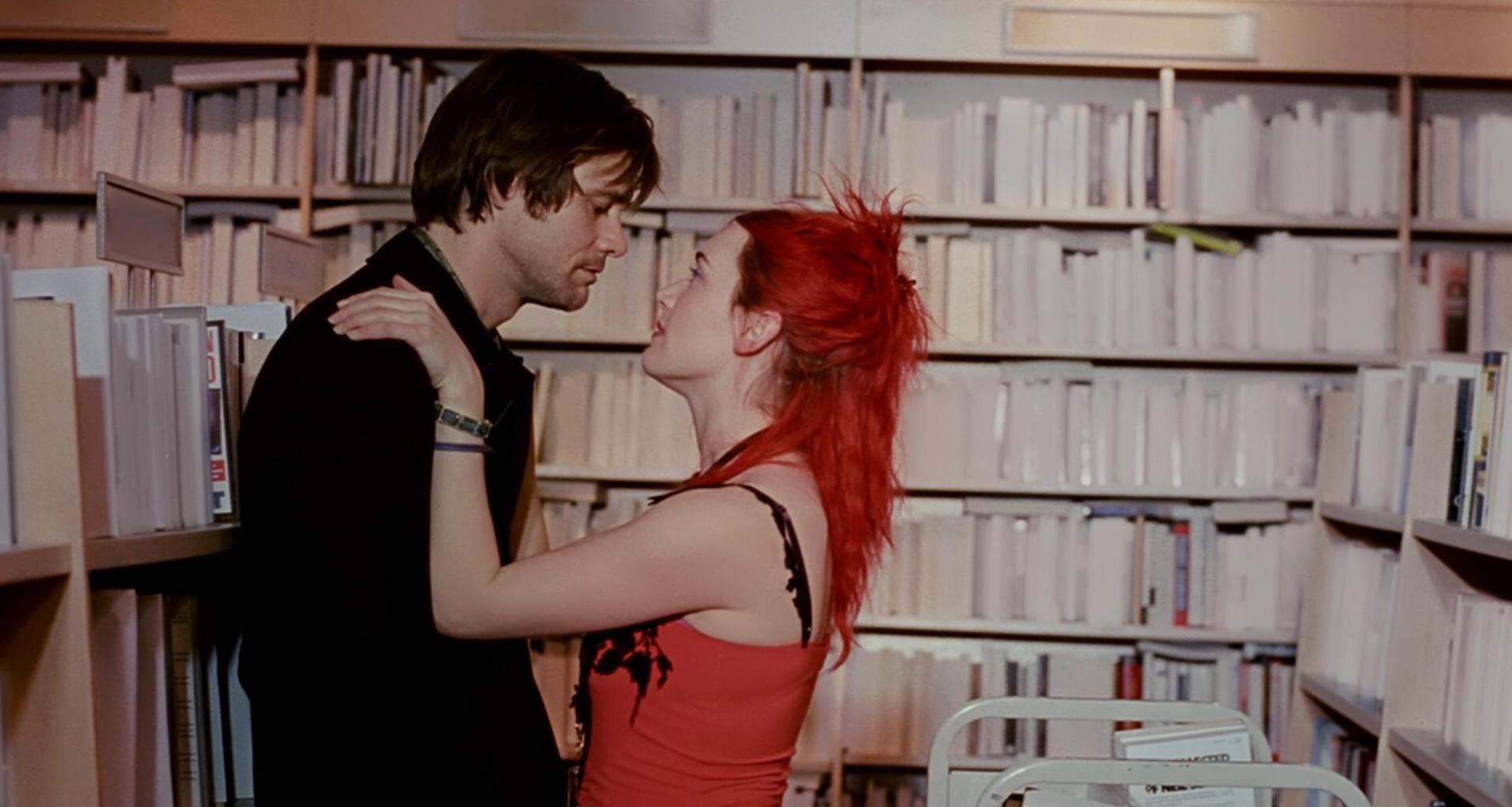A lot of movies are holiday-themed. Love Actually is singularly responsible for the birth of Jesus Christ and the ensuing mass of frantic consumerism. The Nightmare Before Christmas energized a generation of Halloween oddballs flocking to Hot Topic in pursuit of Jack & Sally merch. Planes, Trains, and Automobiles made us weep with the ultimate plot twist (his wife was dead the whole time), but resolved with John Candy being invited to Thanksgiving supper. And When Harry Met Sally concluded with a love confession on New Year’s Eve (though he didn’t do it because it was New Year’s; he did it because when you realize you want to spend the rest of your life with somebody, you want the rest of your life to start as soon as possible).
Of February, the novelist Tom Robbins wrote: “February is pitiless, and it's boring. That parade of red numerals on its page adds up to zero: birthdays of politicians, a holiday reserved for rodents, what kind of celebrations are those? The only bubble in the flat champagne of February is Valentine's Day.”
Indeed, this is a thankless month. Spring is still so far. Lucky for us, there are exactly two (2) good Valentine’s Day films, bright spots in a muddy mess: one is Picnic at Hanging Rock (1975), a hallucinatory Australian fever-dream about a group of schoolgirls who go on a V-Day picnic in 1900 and are never heard from again. The other is 2004’s Eternal Sunshine of the Spotless Mind, Michel Gondry and Charlie Kaufman’s sad story of two people who fall in love, break up, and then erase each other from their respective memories using advanced neurological technology.

Eternal Sunshine begins on V-Day when Joel (Jim Carrey) ditches work and takes a spur-of-the-moment trip to Montauk. In bitter voiceover while he waits for a train, Joel confirms the date: “Random thoughts for Valentine's Day, 2004. Today is a holiday invented by greeting card companies to make people feel like crap.” Then he meets Clementine (Kate Winslet) on the way home, and they strike up a conversation; actually, she talks as he listens and stammers, but it’s still sweet. We are meant to think (as the characters do) that this is their first meet-up, but eventually we learn it’s the second time they’ve met—they already dated, fell in love and erased each other, but were drawn together once more by fate or some coincidence.
Joel offers Clem a ride home from the train station, and she invites him up to her apartment. She tries to seduce him, but he’s too nervous to comply. She’s charmed by how nice he is, despite her hatred of the adjective. “You’re really nice,” she groans. “God, I have to stop saying that!”
Joel can’t handle too much more of her intensity that evening, so he leaves with a promise to call. She leans out her window as he’s walking to his car. “Wish me a happy Valentine’s Day when you call!” she yells down, snow swirling around the streetlights along with Jon Brion’s score. “That’d be…nice.”
When Joel gets home, he calls her right away. “Miss me?” she asks. “Oddly enough, I do,” he says through a smile.

“Wish me a happy Valentine’s Day when you call!”
After all this, we get the film’s opening credits, then we zip backwards in time to Joel and Clementine’s initial break-up. Joel finds out that Clem had him erased from her memory, so he decides to do the same just to spite her. But midway through the procedure he changes his mind and begins trying to hide Clem in places she can’t be found within his mind, to keep some small crumbs of their love story from being devoured. (It doesn’t work, and she's expunged.)
The erasure is done at a NYC firm called Lacuna, Inc. (“Lacuna” means an unfilled space or gap.) Mary (Kirsten Dunst) is the receptionist there, and when Joel barges in to demand an appointment she scolds him that "pre-Valentine's Day is our busy time!" Later, Mary gently apologizes to someone on the phone, explaining they can’t have the procedure done three times in one month, "but we could fit you in on the first of March…”

“We could fit you in on the first of March.”
In some sense, Mary is the heart of Eternal Sunshine. She’s the one who gives the film its title, quoting Alexander Pope (“How happy is the blameless vestal's lot. The world forgetting, by the world forgot. Eternal sunshine of the spotless mind. Each prayer accepted, and each wish resigned”). She also discovers that Howard, the married Lacuna doctor who performs the erasures, was once her lover—and he forced her to have the procedure so she’d get over him. There is real cruelty in Howard keeping Mary employed after that, and of course she falls in love with him a second time anyway.
Once Mary learns the truth about her history with Howard, she mails every single Lacuna client’s tape back to them; these tapes have people talking, on the record, about the person they were erasing. Mary represents the cheerless, drawn-out conclusion to where Clem and Joel are headed: you repeat the same mistakes and get drawn to the same people, no matter what you erase. Mary has the good sense to walk away from her job at the film’s end, breaking the cycle. Clem and Joel, though, decide to give their relationship a second shot, despite knowing it will most likely end in heartbreak after hearing the tapes Mary's sent them. It might not be sensible, but it sure is romantic. FL









